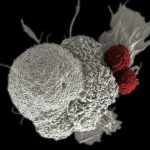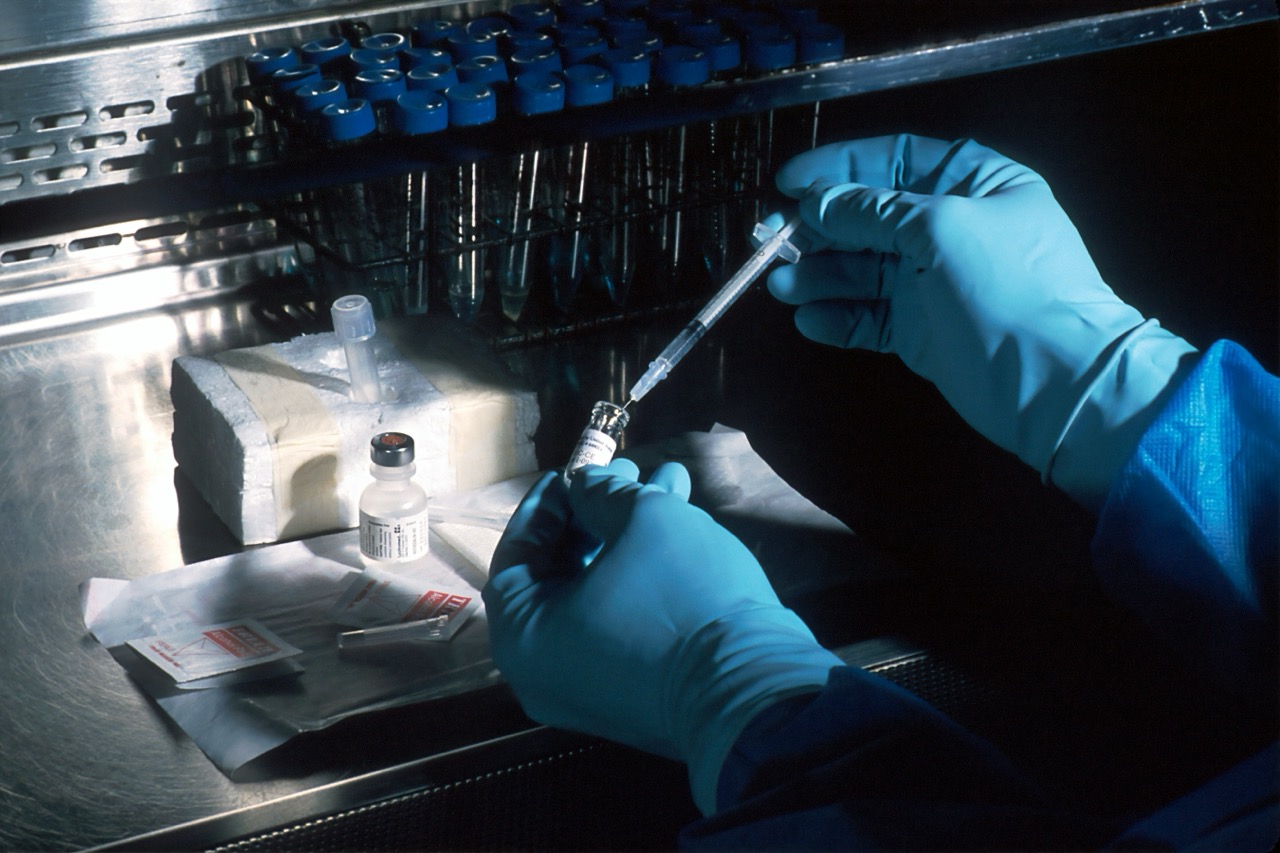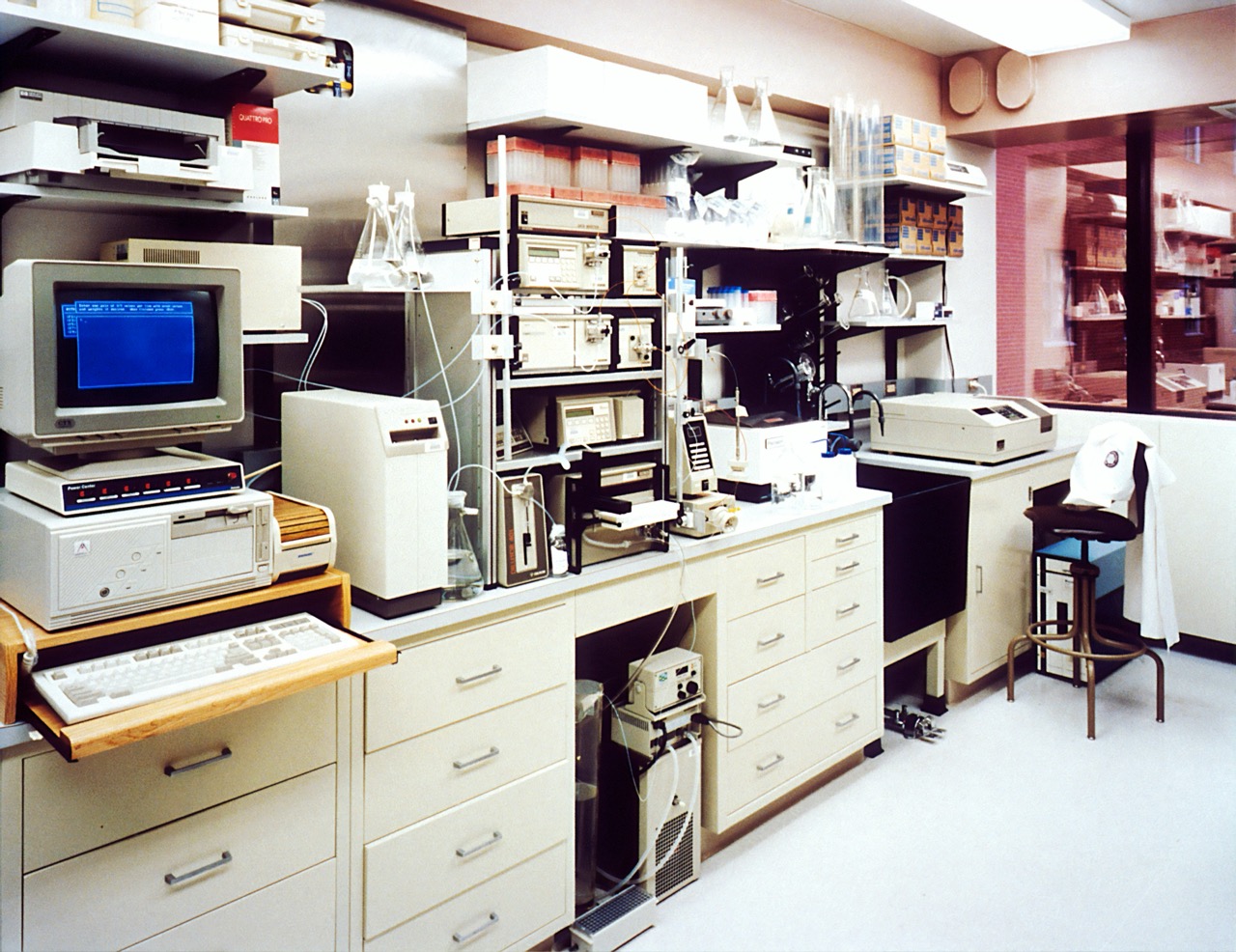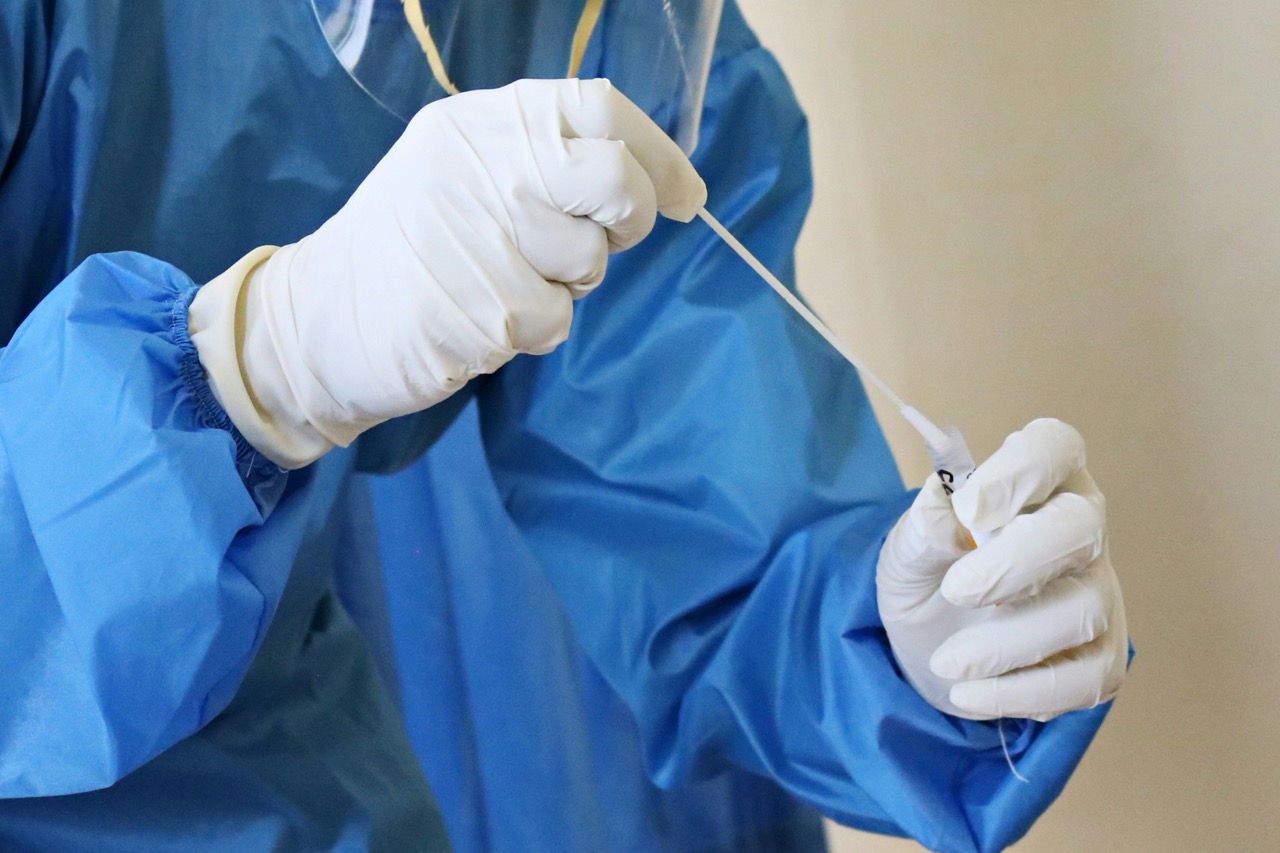Human Papillomavirus (HPV) is a common sexually transmitted infection that affects millions of individuals globally. While it is often associated with younger populations, many may not realize that HPV can also affect women after menopause. Understanding the implications of HPV in post-menopausal women is crucial for maintaining gynecological health and mitigating potential risks. This article will explore the basics of HPV, its specific impacts in post-menopausal women, associated health risks, and effective management strategies.
Understanding HPV: Basics and Its Impact After Menopause
HPV is a group of more than 200 related viruses, with over 40 of these capable of infecting the genital area. Some strains of HPV can lead to the development of genital warts, while others are recognized as high-risk strains that can cause various cancers, including cervical cancer. It is important to note that HPV infections are often asymptomatic, meaning many individuals may carry the virus without realizing it. The body’s immune system typically clears most HPV infections within two years, but some infections can persist.
After menopause, women undergo several physiological changes that can affect their susceptibility to HPV and its consequences. The decline in estrogen levels can lead to thinning of the vaginal walls and a decrease in vaginal lubrication, making women more vulnerable to infections, including HPV. Additionally, the risk of developing persistent HPV infections may increase post-menopause, as the immune response can weaken with age, potentially allowing the virus to linger longer than it might in younger women.
Moreover, the presence of HPV can intersect with other health conditions post-menopause, such as vaginal atrophy and other age-related gynecological issues. These conditions can complicate the overall health landscape for women, making regular gynecological visits and screenings even more critical as they age. Awareness of HPV’s implications after menopause is essential for proactive health management.
How HPV Affects Women Post-Menopause: Key Insights
Research indicates that HPV can persist in post-menopausal women, with some studies suggesting that the prevalence of high-risk HPV types is notable in this demographic. Persistent HPV infection can occur even in women who have not experienced sexual activity for years. This persistence may be due to several factors, including hormonal changes, changes in the immune system, and a potentially longer latency period for the virus.
Post-menopausal women may also experience a different range of symptoms related to HPV. While younger women might experience genital warts or noticeable cervical changes, older women may not exhibit any overt symptoms until significant health issues arise. This lack of symptoms can lead to a delayed diagnosis, making it more difficult to treat any associated cervical cell changes or potential malignancies effectively.
Furthermore, the implications of HPV infection in post-menopausal women extend beyond gynecological health. The emotional and psychological effects of receiving an HPV diagnosis can be substantial. Women may experience anxiety and confusion about their health status, especially if they believe HPV is a concern primarily for younger populations. Thus, addressing the mental health aspects of HPV diagnosis is equally important in facilitating comprehensive care.
Health Risks: HPV and Its Connection to Gynecological Cancers
One of the most critical health risks associated with HPV is its established link to various gynecological cancers, particularly cervical cancer. Although the incidence of cervical cancer has declined significantly due to increased screening and vaccination efforts, post-menopausal women remain at risk, especially if they have had persistent HPV infections. The risk of developing cervical cancer may be heightened in women who do not undergo regular Pap smears or HPV testing.
In addition to cervical cancer, HPV has been implicated in other types of gynecological cancers, such as vulvar and vaginal cancers. The risk factors for these cancers can be influenced by HPV status, prolonged exposure to the virus, and other lifestyle factors. Post-menopausal women should be aware of these risks and engage in discussions with their healthcare providers regarding appropriate screenings and preventative measures.
Moreover, the presence of HPV in older women can complicate existing health conditions. For instance, women with weakened immune systems due to age or other health issues may face higher risks of developing HPV-related cancers. Understanding these connections underscores the importance of regular health assessments and proactive measures to monitor and manage HPV-related health risks.
Managing HPV: Treatment Options and Preventative Measures
Managing HPV post-menopause involves a combination of monitoring, treatment, and preventative strategies. Regular gynecological exams, including Pap smears and HPV testing, are paramount for early detection of any abnormal changes in cervical cells. Healthcare providers may recommend more frequent screenings for women with a history of high-risk HPV infections, ensuring timely intervention if necessary.
Treatment options for HPV-related conditions vary based on the individual’s health needs and the specific manifestations of the virus. While there is no cure for HPV itself, many HPV-related health issues, such as genital warts or abnormal cervical cells, can be effectively treated. Procedures such as cryotherapy, laser treatments, and surgical interventions can address visible warts or remove precancerous lesions, reducing the risk of progression to cancer.
Preventative measures also play a vital role in managing HPV in post-menopausal women. The HPV vaccine, while typically administered to younger individuals, can still provide benefits for older women who have not been previously vaccinated. Additionally, practicing safe sex, including the use of condoms, and maintaining open communication with partners about sexual health can further reduce the risk of HPV transmission and complications.
In conclusion, while HPV is often perceived as a concern predominantly for younger women, it is essential for post-menopausal women to understand its risks and implications. Recognizing the potential for persistent HPV infections and their association with gynecological cancers underscores the need for ongoing health monitoring and proactive management. By engaging in regular screenings, discussing treatment options with healthcare providers, and adopting preventative measures, women can take informed steps to protect their health and well-being in the post-menopausal stage of life.










